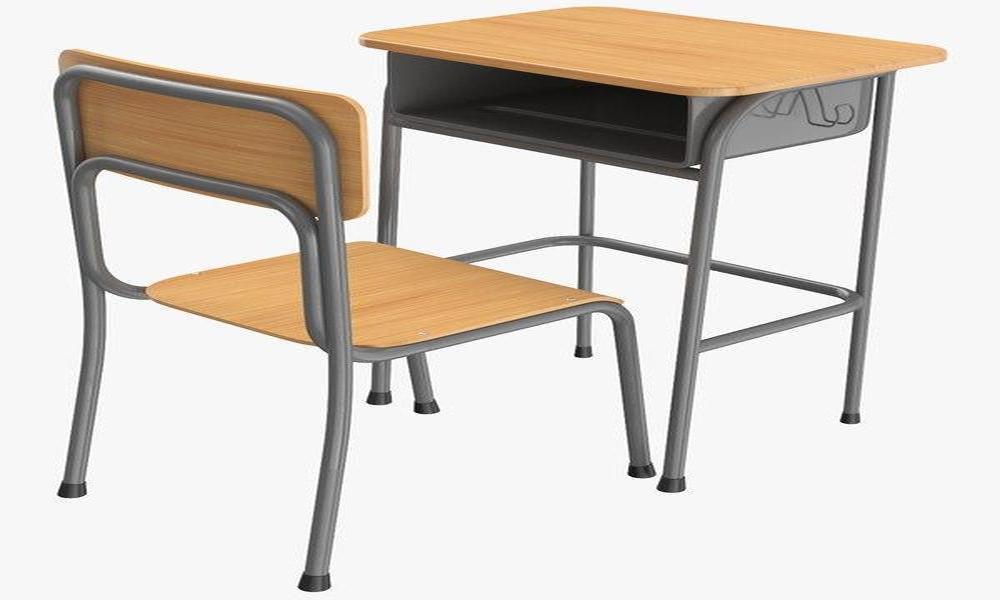School desks are an essential component of any classroom setting. They provide students with a designated space to engage in learning activities and interact with their peers and teachers. However, the impact of school desks on the learning environment extends beyond mere functionality. This article explores the various ways in which school desks can influence the learning experience.
Comfort
The comfort level of school desks directly affects students’ physical well-being and, consequently, their ability to concentrate on learning. Ergonomically designed desks with adjustable heights and proper lumbar support contribute to better posture and reduce discomfort. Comfortable seating allows students to focus on their lessons for longer durations without distractions caused by discomfort or pain.
Collaboration
School desks play a crucial role in facilitating collaboration among students. Configurations like cluster seating or group tables encourage teamwork, cooperation, and peer learning. Collaborative desk setups promote communication, idea sharing, and the development of social skills. By fostering an environment that values cooperation, school desks can enhance the overall learning experience.
Organization
Effective organization is essential for creating a conducive learning environment. School desks equipped with storage compartments, such as drawers or shelves, enable students to keep their materials organized and readily accessible. This promotes efficiency, reduces time wasted on searching for supplies, and cultivates a sense of responsibility among students to maintain a tidy workspace.
Focus
The design of school desks can significantly impact students’ ability to concentrate and maintain focus during lessons. Distraction-free desks, such as those with partitions or dividers, create a personal space that helps reduce visual distractions. Additionally, well-designed desk layouts can optimize classroom traffic flow, minimizing disruptions and enhancing the overall learning environment.
Flexibility
Incorporating flexible desk arrangements allows for adaptability in different teaching and learning styles. Mobile desks or tables on wheels enable easy reconfiguration of the classroom, accommodating various activities such as group work, presentations, and individual study. Flexibility in desk arrangements promotes versatility and active engagement among students.
Aesthetics
The visual appeal of school desks can contribute to a positive learning environment. Bright colors, attractive designs, and durable materials can create an environment that is visually stimulating and engaging for students. Aesthetically pleasing desks can enhance students’ overall mood and motivation, leading to a more positive attitude towards learning.
Personalization and Ownership
School desks can offer students a sense of personalization and ownership over their learning space. Desks that allow students to display their work or personalize their surroundings with photographs, artwork, or other meaningful items create a sense of ownership and pride. This personal touch promotes a positive emotional connection to the learning environment, fostering a sense of belonging and motivation among students.
Conclusion
School desks play a crucial role in shaping the learning environment. By recognizing the impact of school desks on the learning environment, educators can make informed choices in selecting and arranging desks to create optimal conditions for student success.








